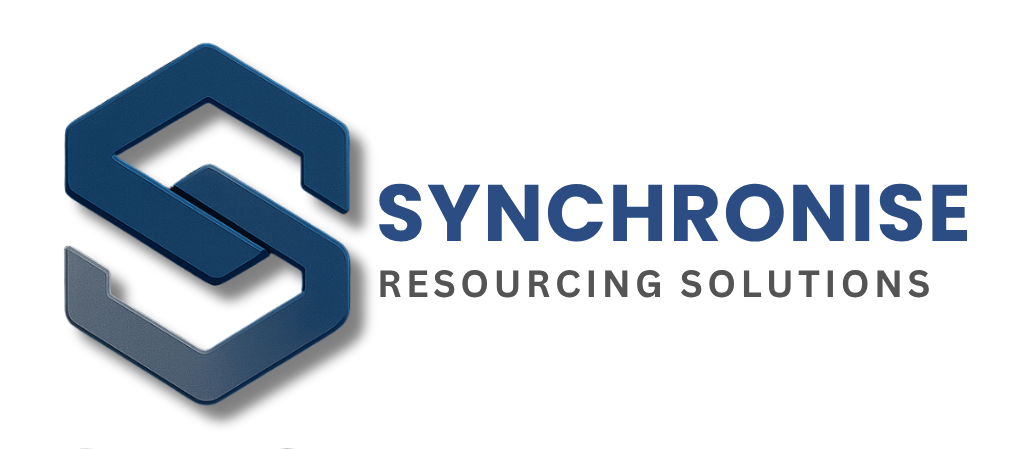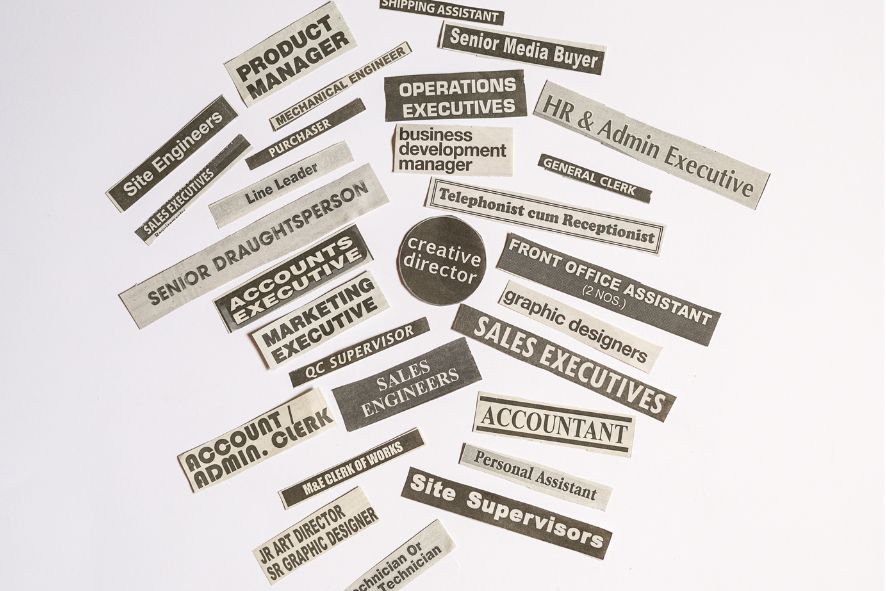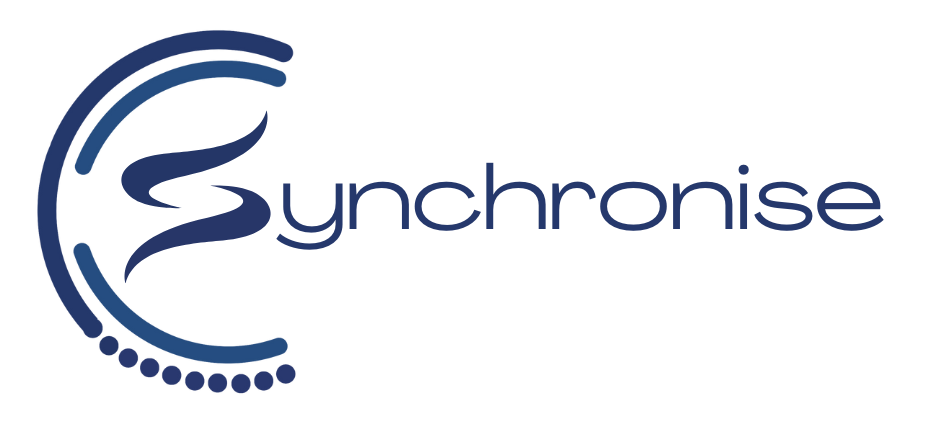In the professional world, job titles carry a certain weight. They’re often the first piece of information we receive about someone’s role within a company, and they can significantly influence perceptions both inside and outside the workplace. But how important is a job title, really? Let’s delve into the nuances and see what truly matters.
The Perception of Authority and Expertise
Job titles can convey authority and expertise. For instance, the title “Chief Financial Officer” (CFO) immediately signals a high level of responsibility and expertise in financial management. This perception can be crucial in business dealings, as it establishes a clear hierarchy and defines who is responsible for specific decisions. However, it’s important to remember that a title alone does not guarantee competence or leadership skills; these qualities must be demonstrated through actions and achievements.
Professional Identity and Self-Worth
For many professionals, their job title is a significant part of their identity and self-worth. It provides a sense of accomplishment and recognition for their skills and efforts. This is particularly true in industries where titles are closely linked to career progression. However, while it’s natural to take pride in your title, it’s essential to ensure that it doesn’t become the sole measure of your professional value. Your contributions, impact, and personal growth are equally, if not more, important.
Job Titles and Career Progression
Job titles often serve as milestones in a career journey. They indicate progression and can be crucial when seeking new opportunities. Recruiters and hiring managers use titles to quickly assess an applicant’s experience level and suitability for a role. However, it’s worth noting that job titles can vary significantly between organisations. A “Manager” in one company might have responsibilities akin to a “Director” in another. Therefore, it’s important to look beyond the title and understand the actual duties and achievements associated with it.
Titles and Workplace Dynamics
Within a workplace, job titles can influence dynamics and relationships. They help clarify roles and responsibilities, reducing ambiguity and fostering efficient collaboration. However, overly hierarchical structures where titles dominate can stifle innovation and open communication. In such environments, employees may focus more on their title than on teamwork and shared goals. It’s crucial for organisations to strike a balance, ensuring that titles serve as useful guides rather than rigid barriers.
Job Titles in a Changing Work Landscape
The modern work landscape is evolving, with more emphasis on skills and flexibility rather than rigid roles. In many tech and creative industries, flat organisational structures are becoming common, where titles are less important than what you can contribute. In these settings, skills, experience, and the ability to adapt to changing demands often outweigh the prestige of a title. This shift challenges the traditional emphasis on titles and encourages a more holistic view of professional worth.
Finding the Right Balance
While job titles are undeniably important, it’s essential to maintain perspective. They can open doors and command respect, but they should not overshadow the true markers of professional success: your skills, your impact, and your ability to grow and adapt. Whether you’re an “Executive Assistant” or a “Chief Executive Officer,” your value lies in what you bring to the table every day.
In conclusion, job titles do matter—they provide clarity, influence perceptions, and can aid career progression. However, they are only one piece of the professional puzzle. Focusing solely on titles can be limiting. Instead, strive to build a career defined by meaningful achievements, continuous learning, and a positive impact. In a rapidly changing work environment, these are the qualities that truly count.
At Synchronise Resourcing, we’re here to help you achieve your professional goals. Contact us for an obligation free chat today.



